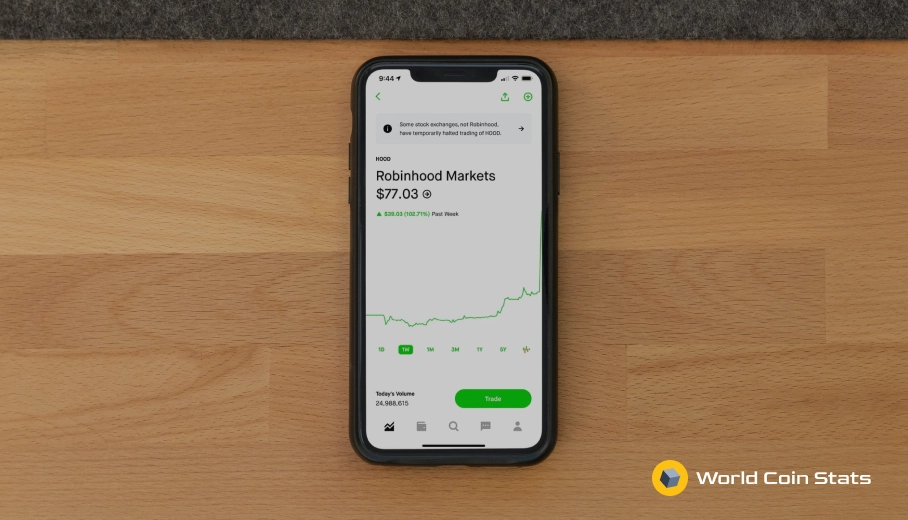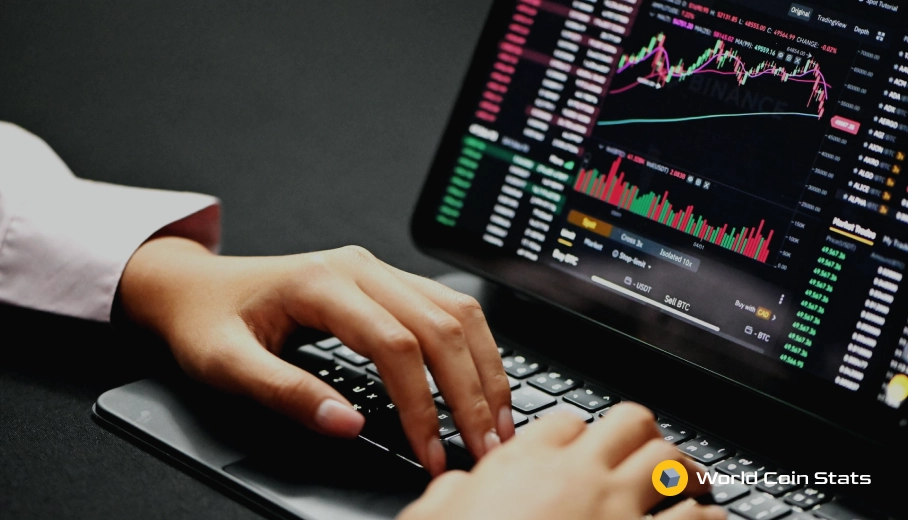What is Pre-Market Trading?
Before investing in the Stock Market, you must have complete information about it. The official hours of the stock market dealings start from 9 A.M. and end at 4 P.M. US Eastern Time. However, it does not mean that stock dealings end in other hours of the day.
You may also enjoy stock dealings before and after the official hours of stock exchanges. Some people think that stock trading during pre-hours and after-hours is risky. In this article, we will share with you the benefits and the risks associated with pre-market trading.
Pre-Market Trading Through ECN
With the advancement in technology, the way of trading and investment is also changing. Now, traders or investors find it more comfortable to trade via an electronic communication network, such as the Nasdaq market.
The ECN eliminates the restriction of trading from 9 A.M. to 4 P.M. Further, it enables investors to buy or sell their stock before and after the official hours of the stock exchanges.
The pre-market hours start from 4 A.M. and end at 9 A.M. During these hours, traders or investors can buy or sell stocks via an electronic communication network. Due to some special news release, traders prefer to engage in stock dealings during pre-market hours.
However, some expert traders do not invest or sell stocks during pre-market hours. They find it risky to take any stock related decision before the time. They wait for the official opening of the stock market and then go with the flow. That is why the volume of stock trading remains thin during pre-market hours.
Why Do People Trade During Pre-Market Hours?
Sometimes news or events of an organization leave an impact on its stock shares. Such results either cause a rise in share values or contribute to the stock fall. In this situation, traders prefer to either buy or sell the stock shares as soon as possible. Thus, they either trade during pre-market or after-market hours. In this way, the stock exchanges remain active during pre-market hours.
Usually, the volume of the stock remains thin before the official hours of the stock exchange. Very few investors or traders buy or sell their shares during pre-market hours of the stock exchanges. Due to the release of exclusive news regarding stocks, the volume of trading may spike.
However, this trading volume cannot meet the stock dealings during the official hours. Some experts of the stock market are of the view that several risks are associated with trading during pre-market hours. Thus, it is preferred to wait for a few hours and analyze the stock market situation. It helps them to invest in the right time. Also, it brings long term benefits for investors.
The Bottom Line
The analysis of the stock market also reveals that traders do not prefer to trade during off-hours. Though the market remains active in pre-market or after-market hours, the trading volume remains thin, and trading slows down around 6 P.M. US Eastern Time.
Also, different real-life examples show that stock exchanges face a fall during pre-market hours. Moreover, this fall is evidence that traders do not trust electronic communication network for their enormous investments.
Furthermore, keen investors always prefer to analyze the stock’s condition before making any decision. Thus, they find it risky to invest during after-hours and wait for the morning. That is why the stock exchanges show a consistent rise from 9 A.M. to 4 P.M., and trading slows down during pre-market hours.
If you want to know more about Pre-Market Hours Trading, then you should keep tracking our articles. The more you learn about the stock market and stock trading, the better trading decisions you will make.




